Connecting with Nature: Maria Sigma’s Textiles
In a world fit to burst with excess, contemporary Greek-born, London-based textile designer Maria Sigma still believes fabrics should play a significant role in our daily lives. She produces what she calls “zero waste woven textiles” from naturally derived, recycled, or upcycled yarns, which are designed to bring depth and warmth to interior spaces. These ethical, hand-woven textiles are deliberately left in a raw, undyed state, highlighting the unique qualities of woven cloth with a language that is elegant and minimal, and one that emphasizes her slow and methodical process of making. She says, “I strongly believe the importance of weaving must be highlighted; fabrics reside in the everyday and inhabit almost every corner of a household; they create a boundary between us and nature, the culture of the body and the external world. They contribute to creating a sense of something familiar and beloved.”
Sigma was born and raised in Athens and often spent summer holidays in the surrounding Greek islands, where she developed a close affinity with nature. Through watching her great-grandmother’s friends making crocheted items for their homes, her first appreciation for hand-crafted textiles slowly began to grow. She went on to study Textile Conservation at the Technological Institute of Athens, followed by a BA in Textile Design, specializing in weaving, at the University of the Arts London. After graduating in 2014, Sigma knew she wanted to take an ecological, sustainable approach to making, in opposition to the proliferation of readily available, synthetic fabrics. She said, “In my view, today’s environmental crisis is deeply caused by mass production and fast fashion. By only using natural undyed and fashion waste yarns, I aspire to reconnect with nature and its raw materials.”
Over time, Sigma has developed a trademark language that is refined and naturalistic, working with traditional Greek weaving methods that draw back to her own childhood. For many of her textile pieces, she buys wool from mills in Lanarkshire and Yorkshire, or gathers wool, cotton and cashmere from fabric remnants and leftover factory remnants, choosing natural materials for their durability as much as their biodegradable qualities. Working on a traditional loom, she builds up a ‘double cloth,’ integrating two warps over one another to produce rugs, cushions, throws, and wall hangings that have solid qualities of depth and weight and subsequently bring feelings of warmth and density to the spaces they inhabit. She says, “I aspire to … create contemporary work while reinterpreting traditional weaving techniques [and] embracing a slow-making, zero-waste philosophy and practice.”
Once she has finished weaving her fabrics, she painstakingly washes, dries and steams them, before adding in areas of bespoke stitching. This means every item she creates is a one-off, with its own unique, handcrafted character. “For me,” says Sigma, “the important thing about my products is that they’re 100% undyed, natural and handmade, with minimal use of energy and machinery. That makes them quite unique, and really friendly for humans and the environment.” Sigma adds, “My products are for the home, and I like the fact that they’re both functional and natural.”
In 2020, Sigma wrote Author of Weaving: The Art of Sustainable Textile Creation, 2020, which celebrates her own slow craft of making as much as the need to take a wider ecological approach to creating textiles. Another important aspect of Sigma’s practice is her role as a teacher – she regularly runs ‘Weaving from Waste’ workshops, which demonstrate how surprisingly easy it is to create something entirely fresh and new from the old, forgotten or discarded, by using the fabrics and yarns so many of us already own. Ultimately, for Sigma being sustainable isn’t about depriving ourselves of fabrics, which have been a source of comfort, warmth, belonging and survival in our lives for centuries. Instead, she argues, it’s about reconsidering the ways these tactile materials can be made, with a thoughtful and considered awareness of the materials and processes behind them.
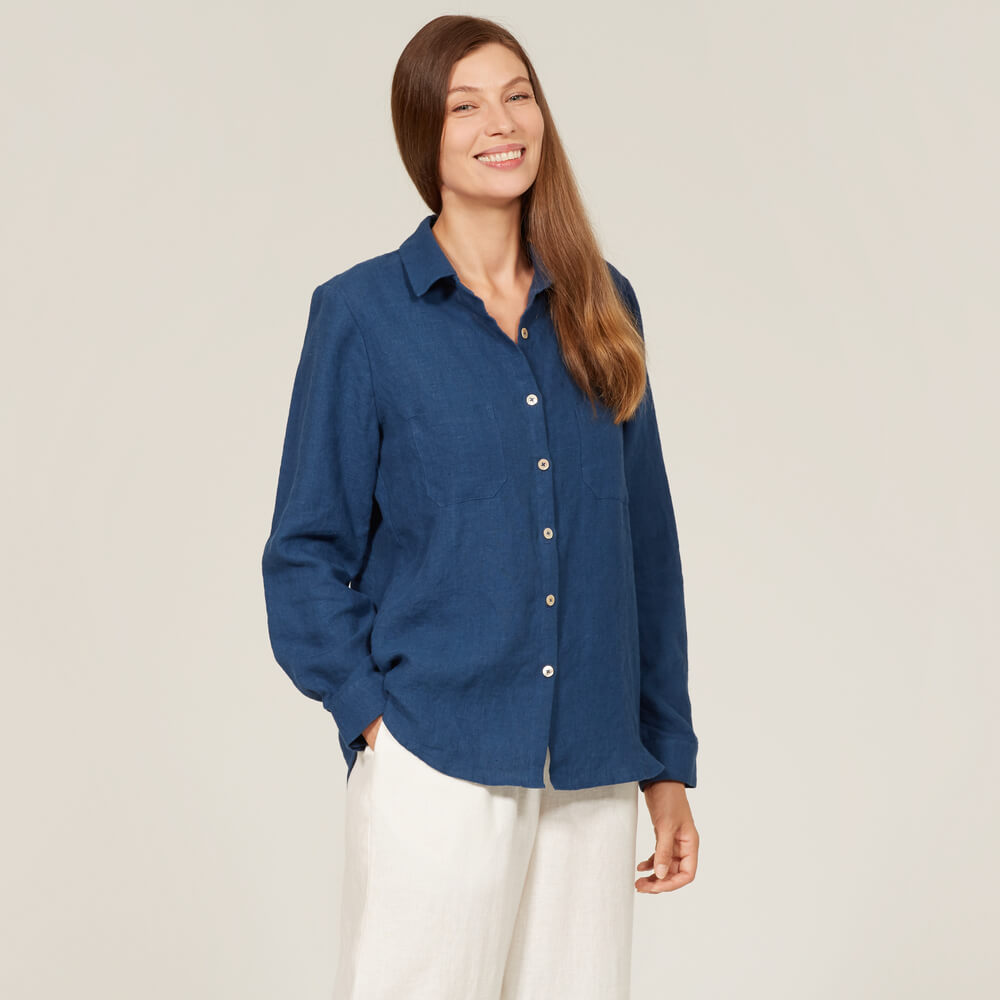

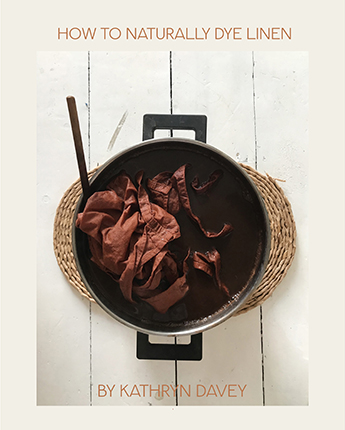
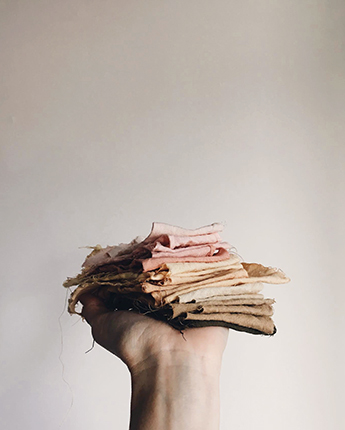

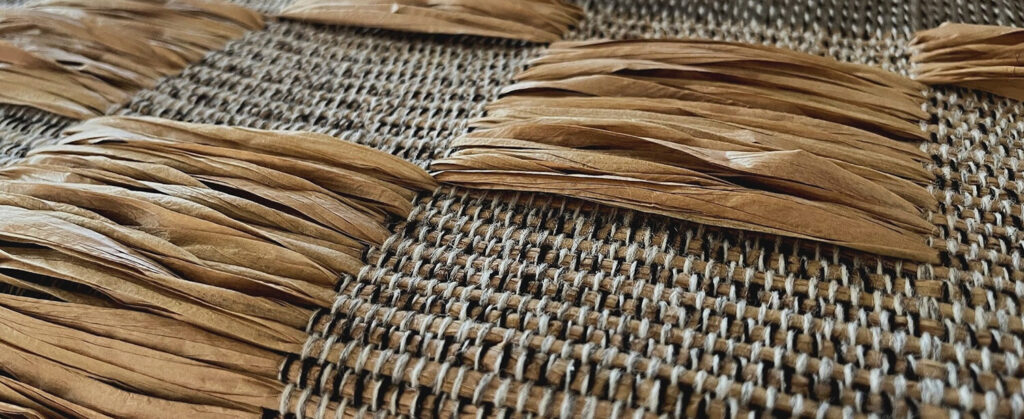
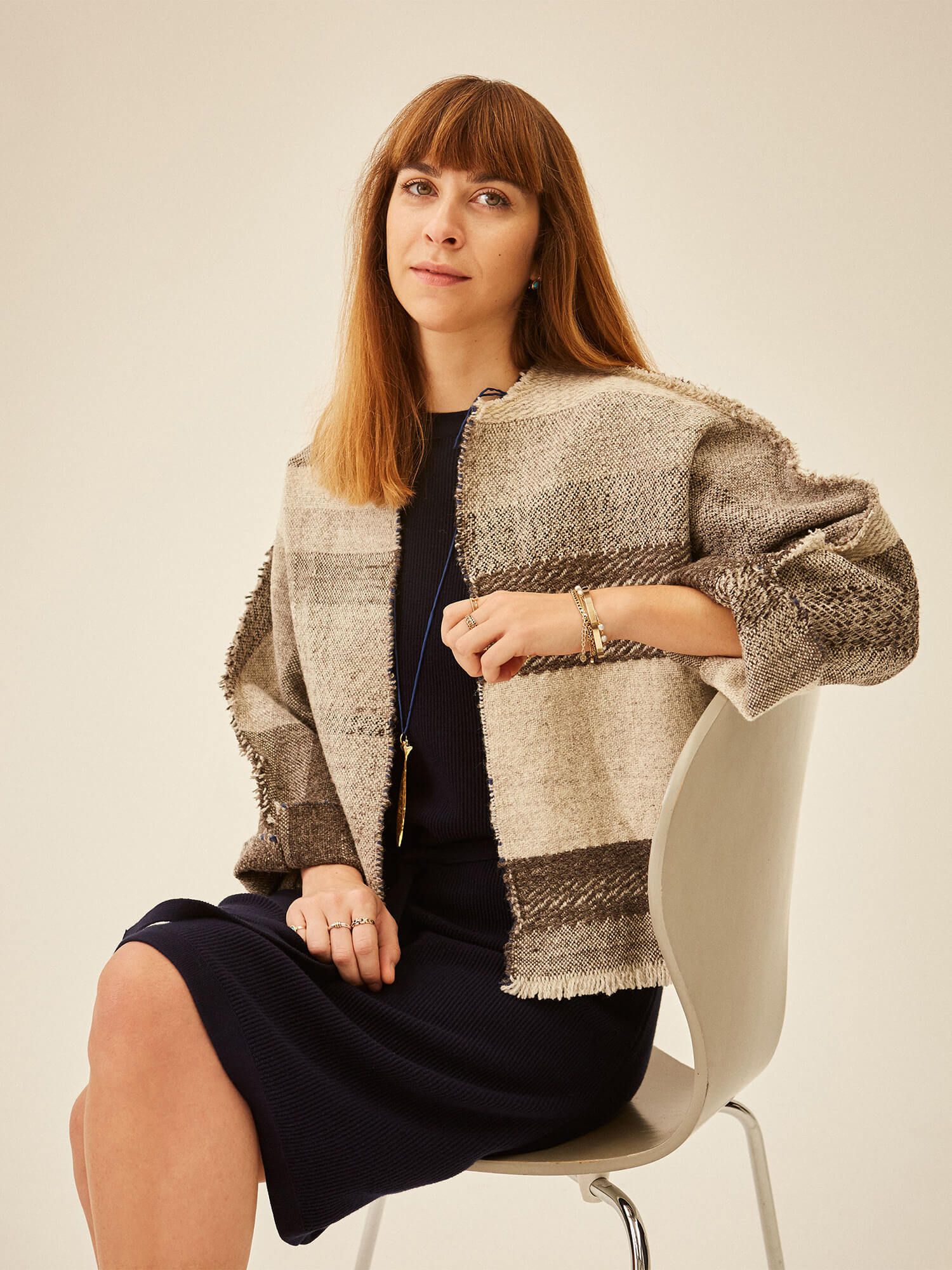
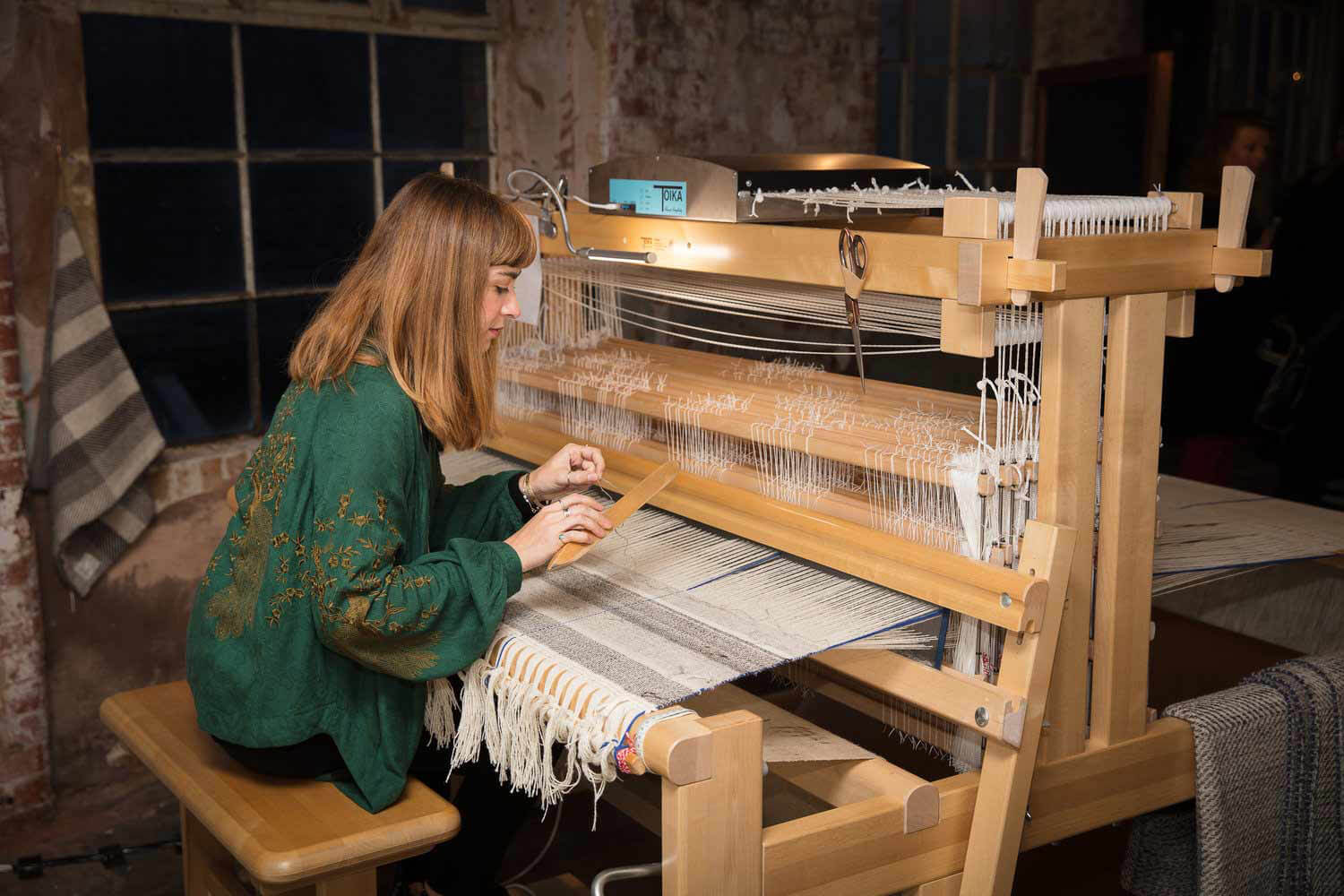
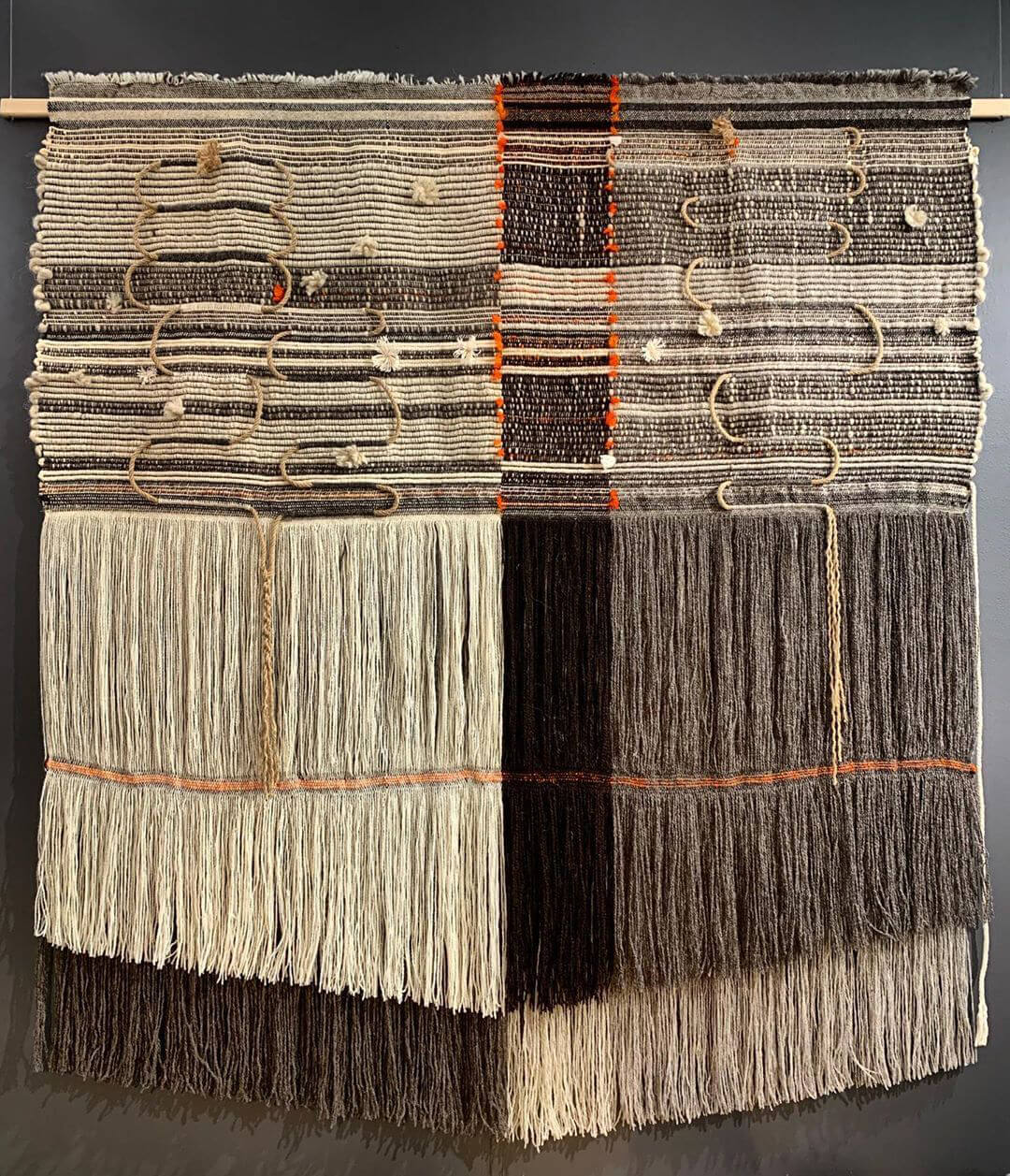
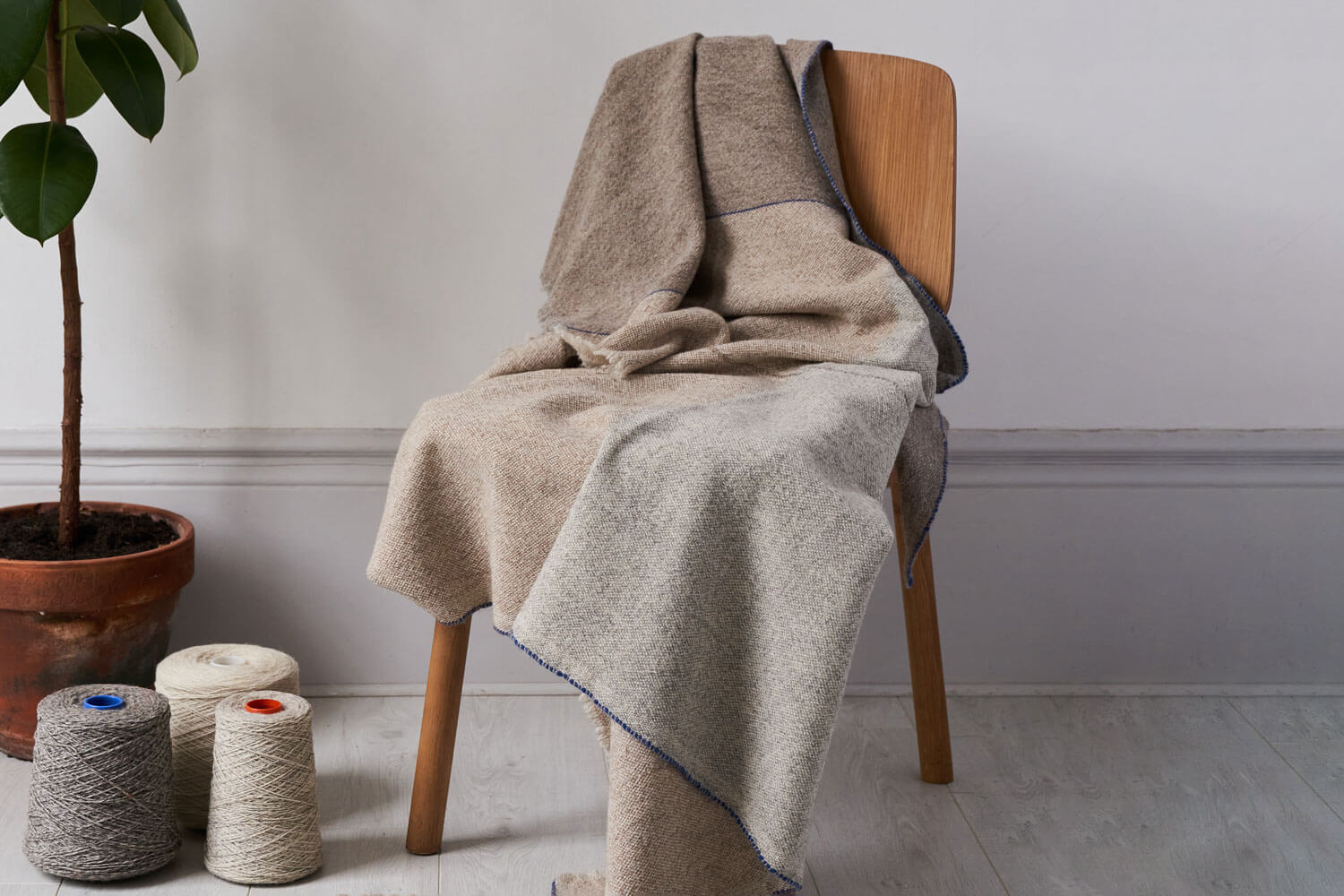
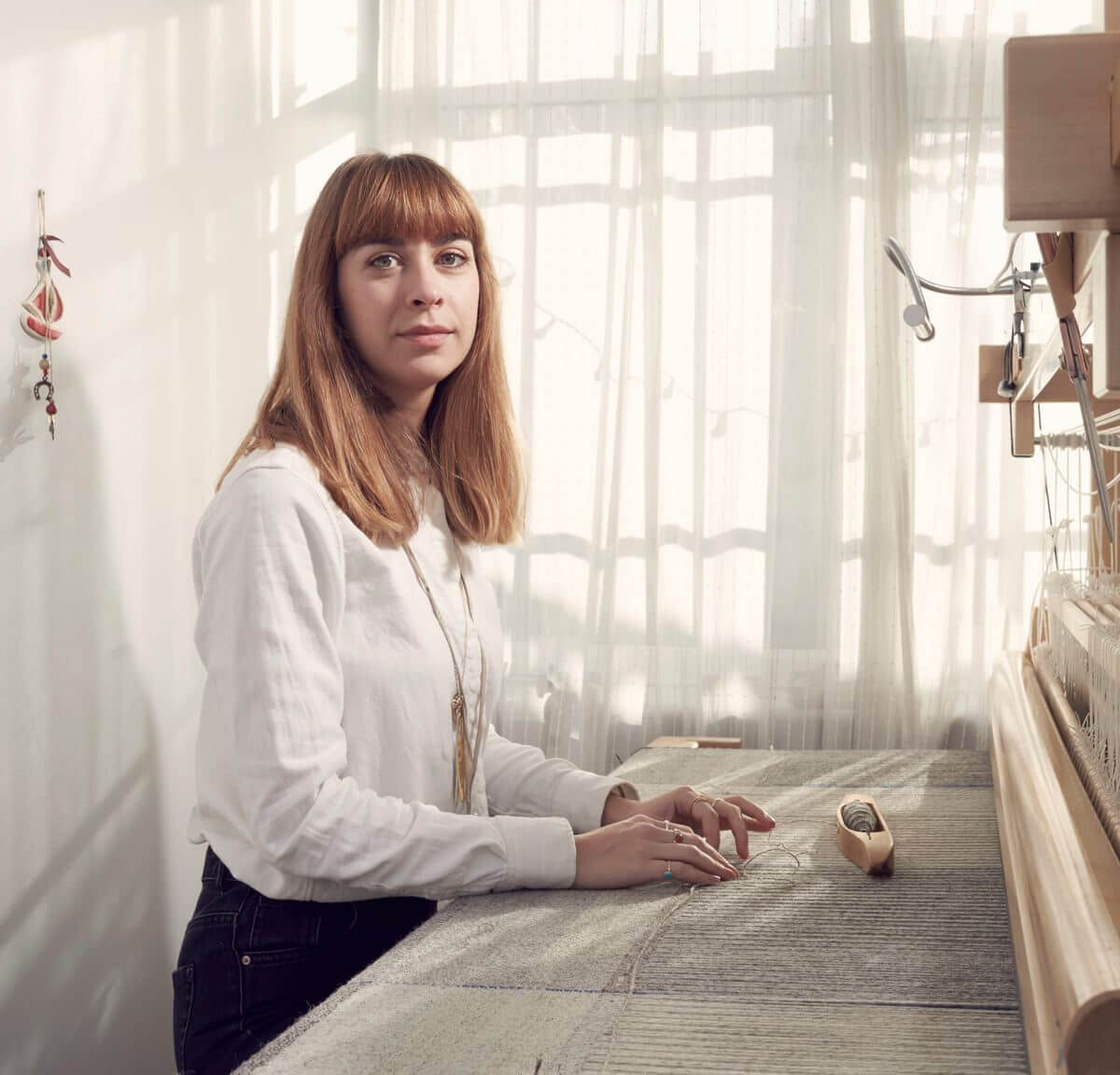
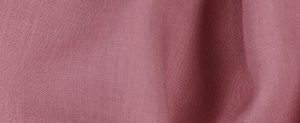




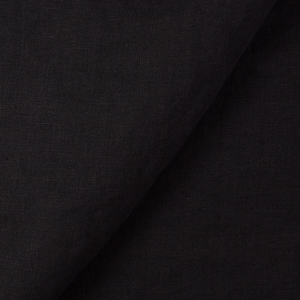

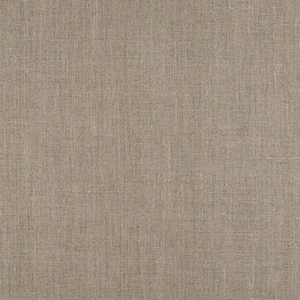

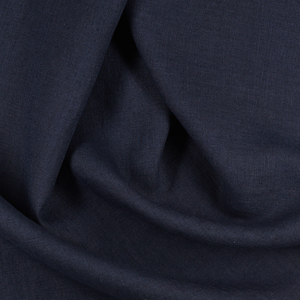
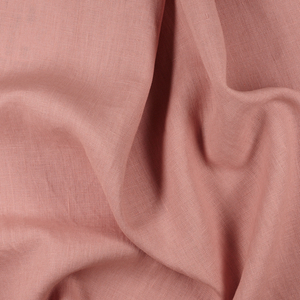
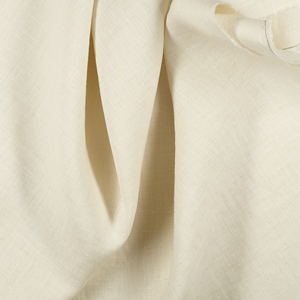
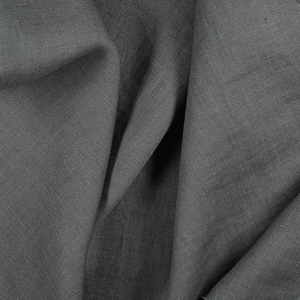


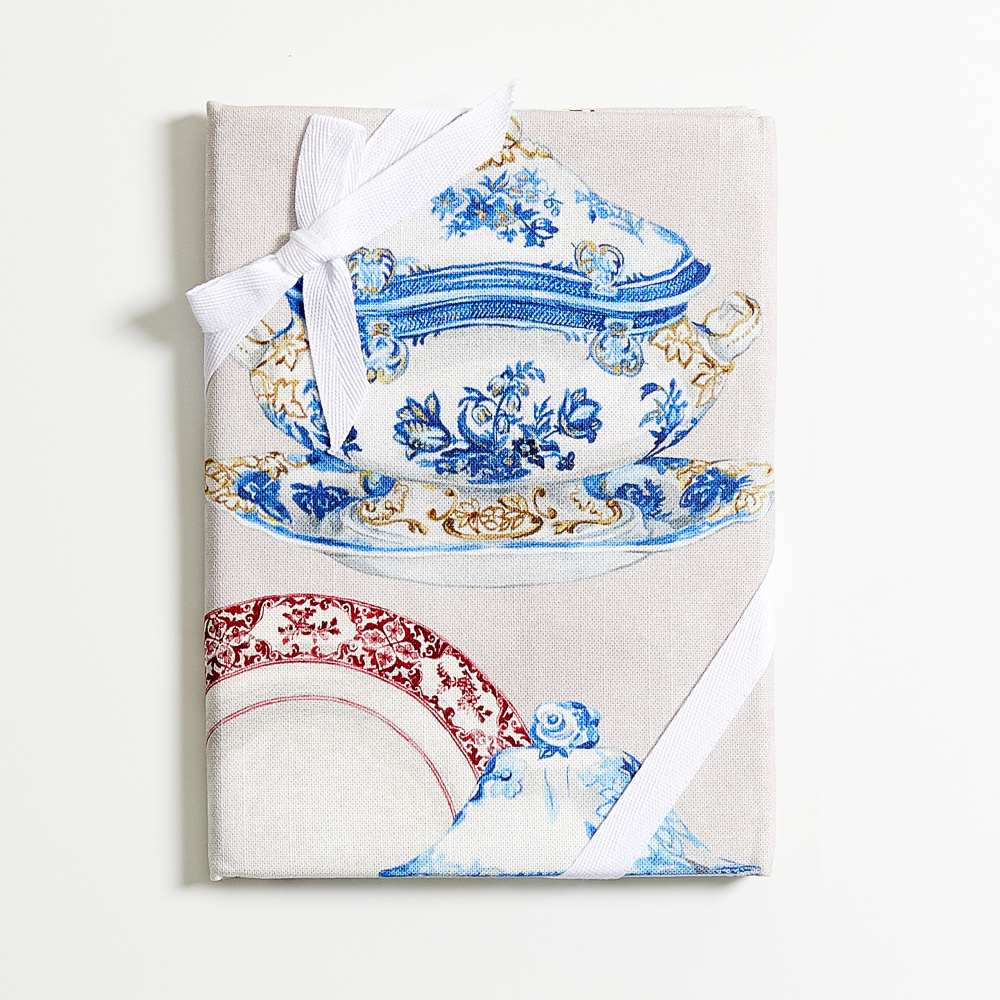




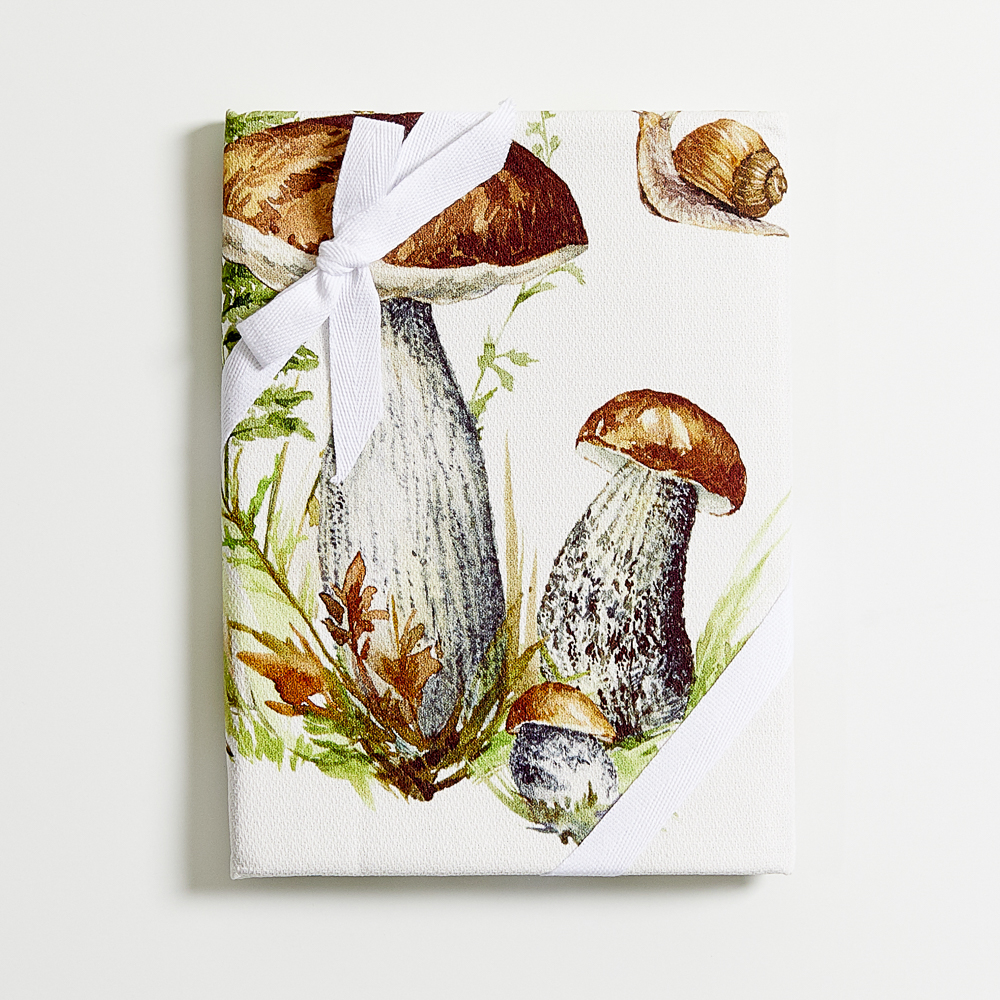


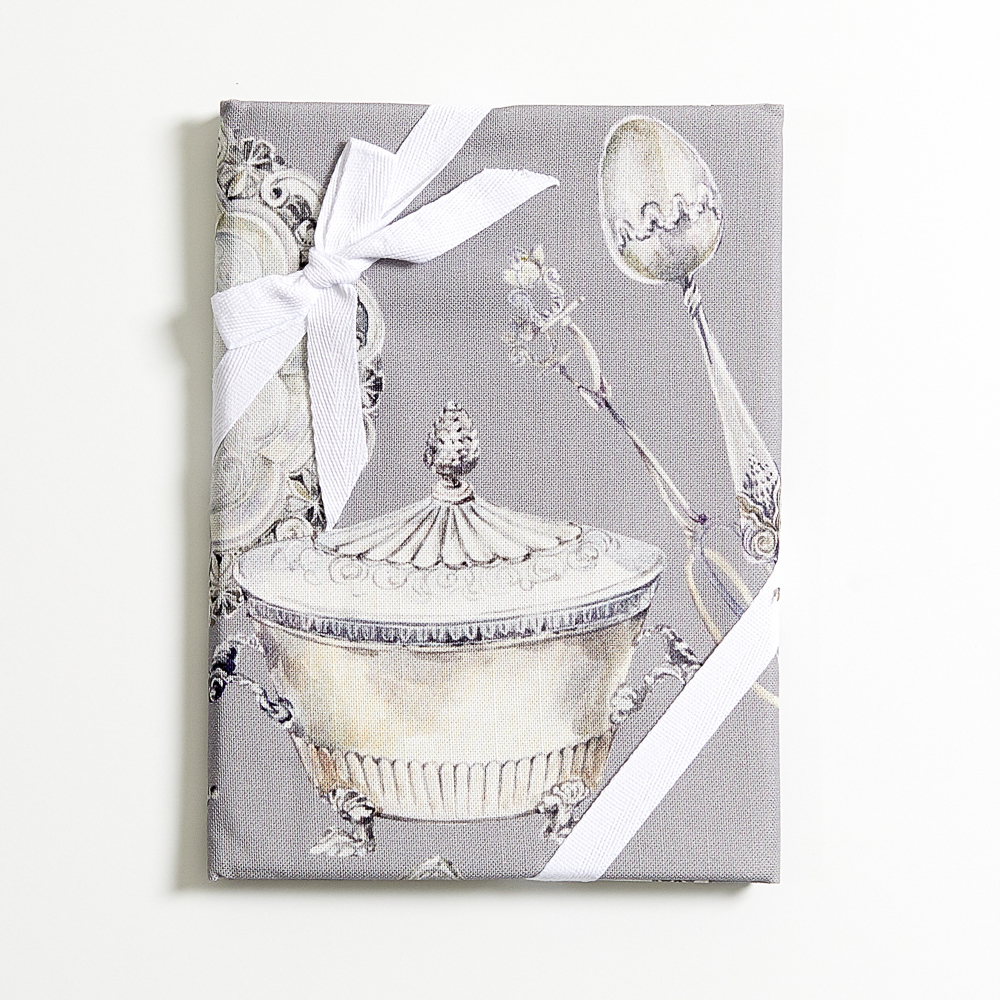

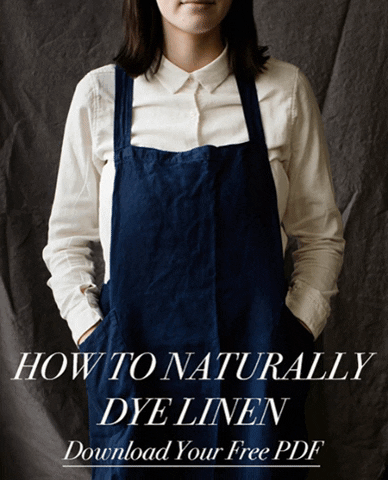

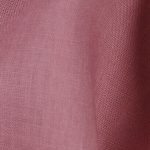
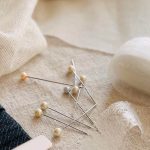
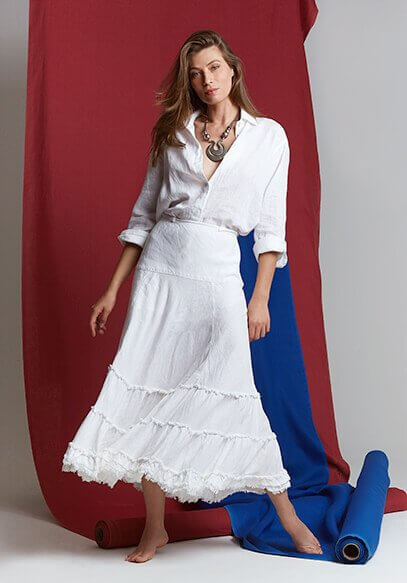
Leave a comment